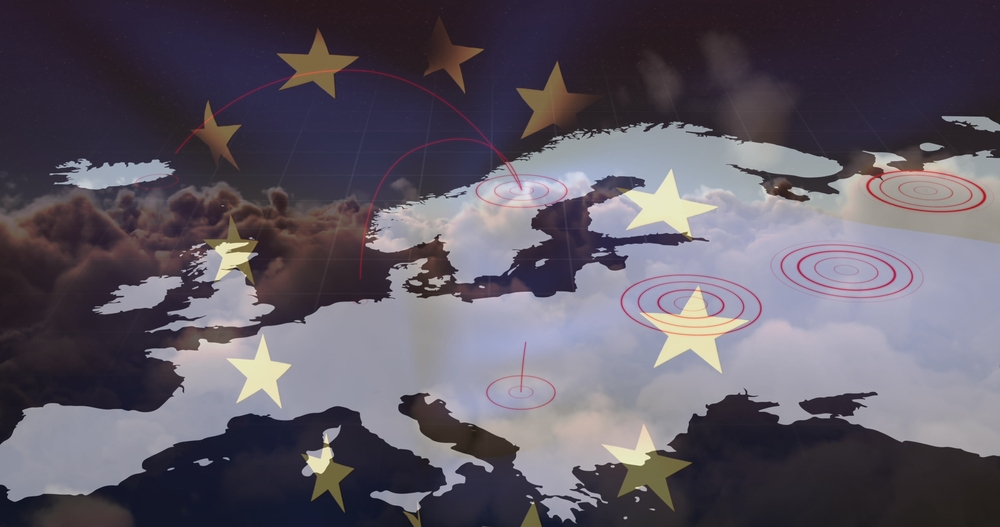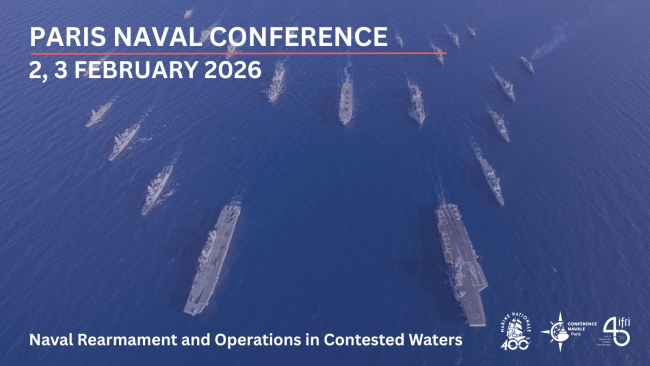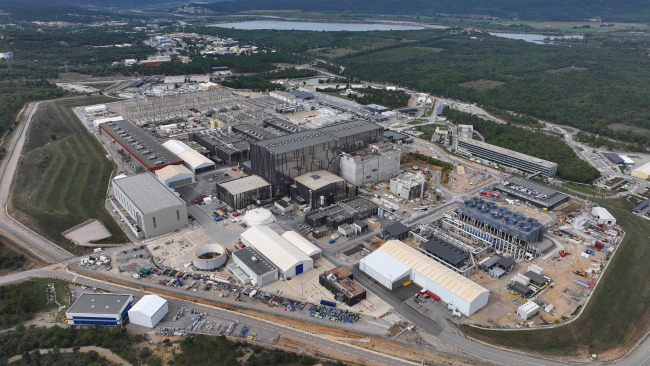
Practical information
Ifri is pleased to announce the fourth conference in our intelligence series, in partnership with the Intelligence College in Europe, the purpose of which is to analyze the threat landscape through the eyes of senior officials from various European countries.

On April 2nd, Ifri will host Dag Hartelius, the Swedish Director of National Intelligence. Drawing on his distinguished career as a diplomat and in Swedish intelligence, he will provide some reflections on changes in the threat landscape, the information environment, and the intelligence needs of senior decisionmakers and what this all means for the intelligence community.
Panelists:
Daphné Benoît, Head of the International Section, Agence France-Presse (AFP)
Marc Hecker, Deputy Director, Ifri
Chair:
Thomas Gomart, Director, Ifri
This event is public and will be held in English without translation under the Chatham House Rule.
A light lunch will be served to participants upon arrival.
Other events

Paris Naval Conference 2026: Naval Rearmament and Operations in Contested Waters
This fourth edition of the Paris Naval Conference (CNP), bringing together high-level military, industrial, and academic speakers, will address the challenges associated with general naval rearmament and naval operations in increasingly contested environments.

Is Fusion Coming Faster and Cheaper than Expected?
ITER was for long time the embodiment of fusion as an international, long standing R&D cooperation objective to seek a new way to produce safe, low carbon and abundant low carbon electricity. Yet over past years, fusion start ups, several governments and investors have decided to push fusion R&D and deployment to complement ITER. Major efforts are ongoing notably in the United States, China, Germany, Italy.

EV Supply Chains for Japan and Europe: Strengthening Economic Security
Economic security aims to ensure the resilience of supply chains for key industries: the case of electric vehicle production in Japan and Europe will be discussed.







